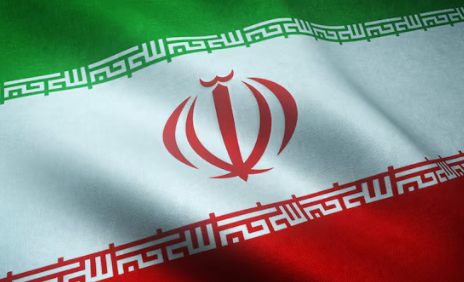$OIL $XLE $USO #StraitOfHormuz #IranNews #OilMarkets #GlobalTrade #EnergySecurity #MaritimeSecurity #Geopolitics #IranSanctions #OilSupply
Iran’s Parliament Backs Blocking Strait of Hormuz; Its Closure Will Alienate Tehran Further
In a move that has sent ripples across global markets, Iran’s parliament has officially supported the closure of the Strait of Hormuz, a crucial chokepoint through which approximately 20% of the world’s oil supply flows. This decision raises significant concerns about the potential repercussions on international relations and the global oil supply chain.
Implications for Global Oil Supply
The Strait of Hormuz, recognized as the sole maritime passage from the Persian Gulf to the open ocean, plays a pivotal role in the transportation of oil globally. Should Iran proceed with this blockade, it could severely disrupt the flow of about one-fifth of the world’s oil. This action is likely to result in increased oil prices and heightened geopolitical tensions, affecting countries dependent on this route for their oil supplies.
Geopolitical Tensions and Economic Repercussions
The endorsement by Iran’s parliament to block the Strait could further isolate Tehran on the international stage. It represents a significant escalation in the country’s standoff with Western nations, particularly those heavily reliant on oil imports through this route. This situation might also trigger retaliatory actions, including sanctions and diplomatic efforts to dissuade Iran from following through with its plans.
Strategic Importance of the Strait of Hormuz
Understanding the strategic importance of the Strait of Hormuz is crucial for comprehending the full impact of its potential closure. This narrow passage not only facilitates the transport of a substantial portion of the world’s oil but also serves as a key artery for the global economy. Its blockade could have far-reaching effects, destabilizing energy markets and causing economic shockwaves globally.
Potential Outcomes and International Response
As the international community watches closely, the potential outcomes of this blockade are concerning. Countries around the world, particularly those in Europe and Asia, which are heavily dependent on Middle Eastern oil, might need to seek alternative routes or sources, complicating logistics and increasing costs. Furthermore, international bodies and neighboring countries are likely to engage in diplomatic negotiations to prevent the closure and ensure the free flow of maritime traffic.
In conclusion, Iran’s parliamentary endorsement of blocking the Strait of Hormuz could significantly alter the landscape of international relations and global oil markets. The decision underscores the ongoing geopolitical challenges in the region and highlights the critical nature of the Strait as a global energy lifeline. As this situation unfolds, the world will keenly observe the impacts and responses that might reshape international energy and diplomatic relations.
For more insights into how this situation could influence stock markets and global trade, visit our detailed analysis on [Financier News](https://financier.news/category/stock/).





Comments are closed.